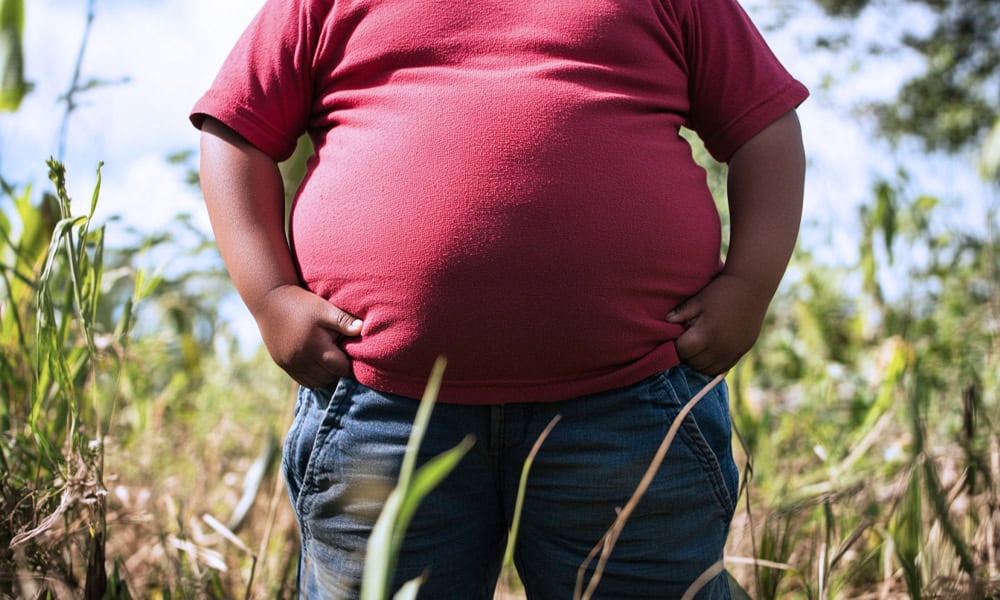
Research has highlighted the urgent need for effective treatment options beyond traditional iron tablets for anaemia in pregnant and postpartum women in Nigeria, which is affecting over 50 per cent of expectant mothers.
According to findings from recent implementation research for intravenous (IV) iron use in Nigeria by IVON-IS, released in Lagos, yesterday, anaemiain pregnancy is a major public health challenge, contributing to as much as 30 per cent of maternal deaths worldwide, particularly in low- and middle-income countries, like Nigeria.
According to the Principal Investigator of IVON-IS Research, Prof. Bosede Afolabi, anaemia also increases the risk of infections, postpartum depression, poor wound healing, and cognitive impairments in newborns.
She said recognising the dire consequences, IVON-IS Research emphasised the routinisation of screening for anaemia, using point-of-care tests, which deliver hemoglobin concentration results within minutes.
Speaking on the prevalence of anaemia among expectant mothers, Afolabi noted that while the national average for moderate to severe cases falls between 10 per cent and 20 per cent, certain regions record higher rates, reaching up to 30 per cent to 40 per cent.
“Anaemia in pregnancy is a major health concern in Nigeria, often linked to poor nutrition, malaria and inadequate prenatal care. Left untreated, it can lead to complications such as preterm birth, low birth weight, and increased maternal mortality,” she stated.
According to Afolabi, who is also the Director, Centre for Clinical Trials, Research and Implementation Science at the University of Lagos (CCTRIS), the research advocates the use of intravenous iron therapy, particularly ferric carboxymaltose, as a more effective treatment for moderate and severe anaemia, saying IVON-IS Research does not only identify effective interventions, but also focuses on integrating the treatments into Nigeria’s healthcare system.
The co-investigator at IVON-IS and Consultant Obstetrician and Gynecologist at Lagos University Teaching Hospital, Dr Opeyemi Akinajo, highlighted an effective treatment for maternal anaemia, a condition, she said, was affecting 45 per cent of pregnant women in Nigeria.
Another co-investigator on the IVON-IV project, Dr Mobolanle Balogun, highlighted the cost-effectiveness of intravenous iron therapy compared to blood transfusions, which require longer monitoring periods and are often constrained by limited blood supply.






